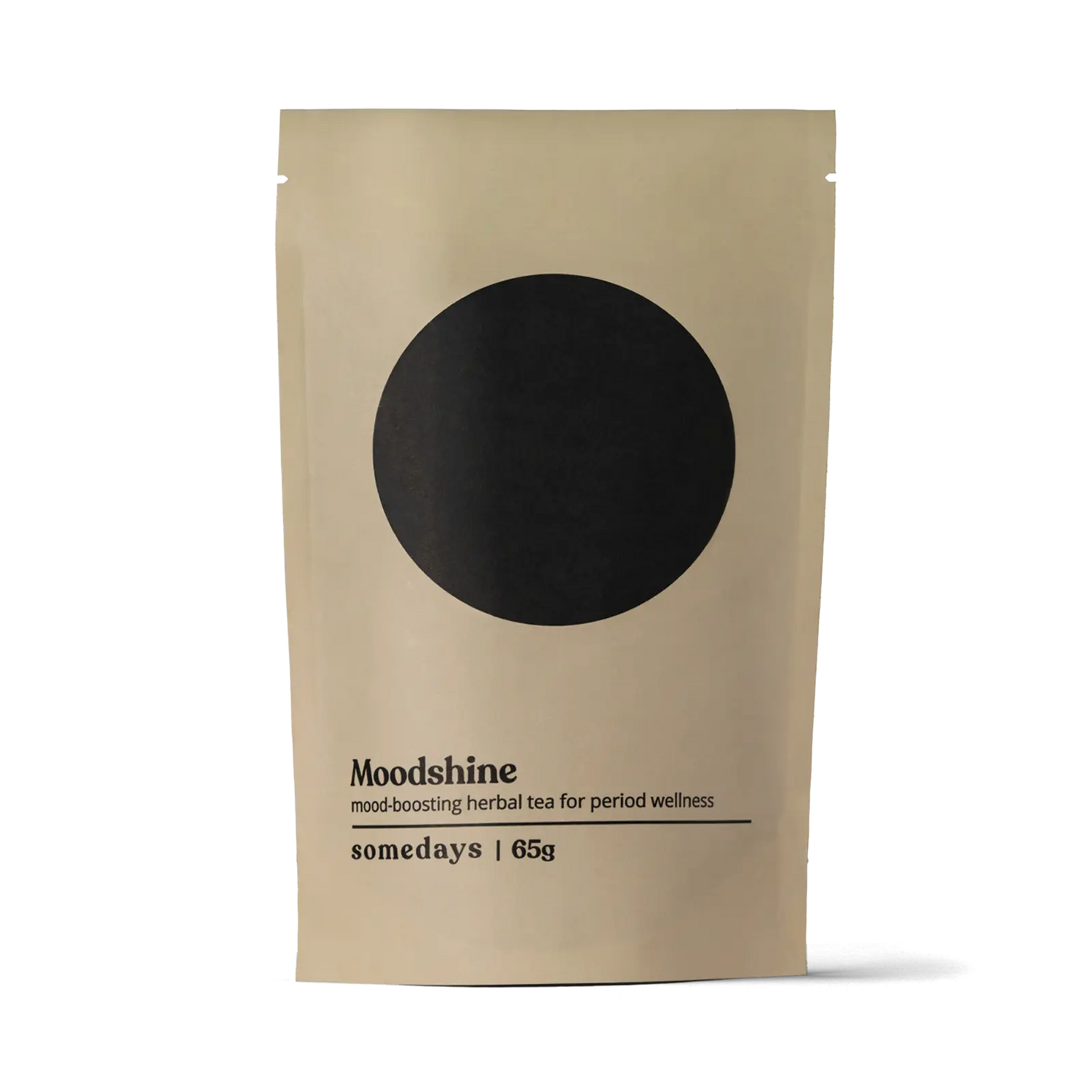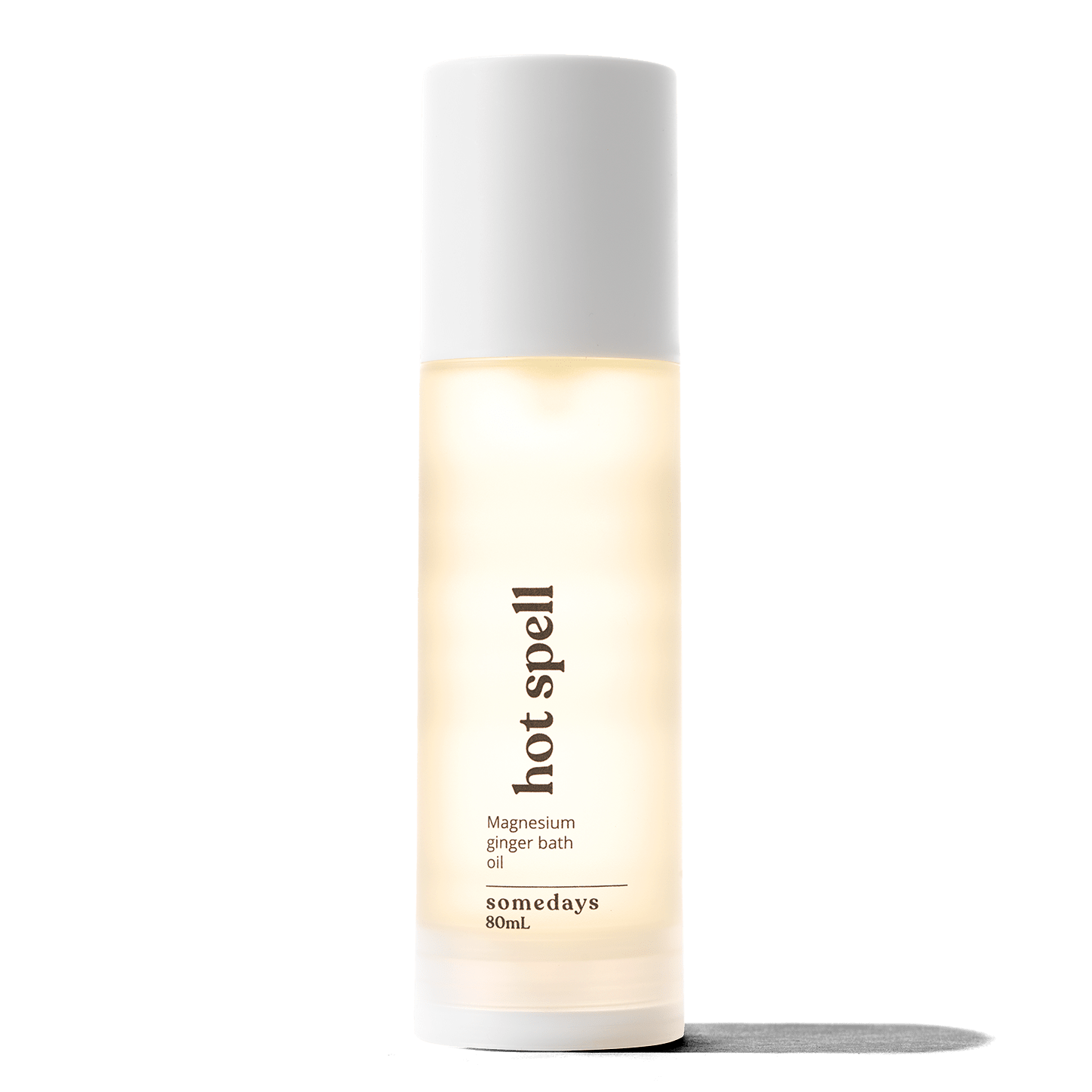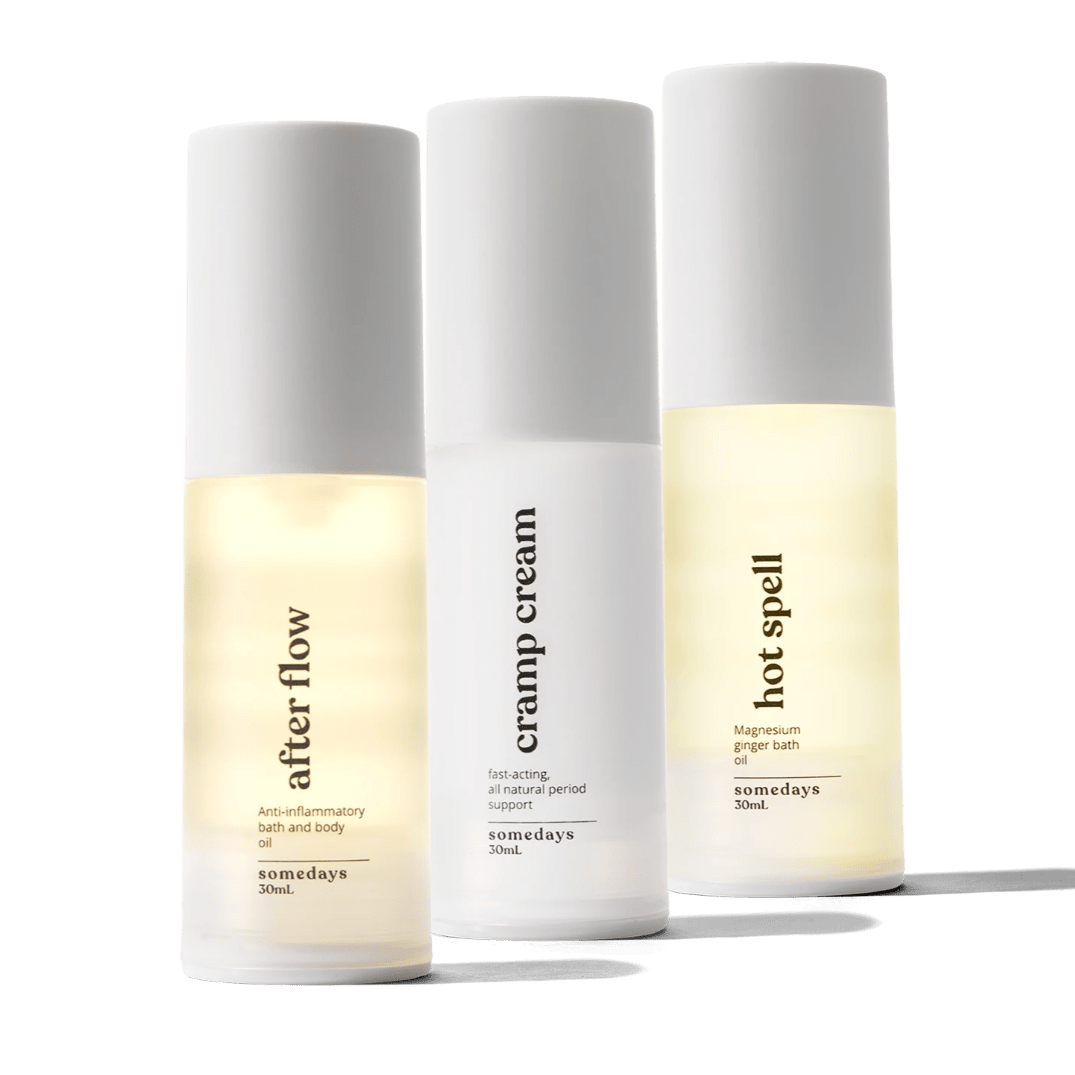The Impact of Chronic Pain on Relationships and Mental Health

Living with chronic pain influences every aspect of my life. While I often discuss the physical side of things, it also takes a toll on my relationships, my mental health, and beyond.
With relationships, friendship and romances, it’s forced me to reconsider who I’m giving my energy to. My circle grew smaller. I lost friendships that I thought would last forever, and it broke my heart. But in hindsight, it’s what I needed to happen in order to make room for friendships and relationships that fill me up. I now feel more loved and supported than I ever have. I’m surrounded by people who show up on the good days and even more so on the bad ones.
As my pain progressed, it showed me the face value of what people are willing to provide in a relationship. I started to recognize patterns in friendships where it felt like I was only valued on low-pain days, or when I could mask my pain. With time, I’ve come to the conclusion that if I get a limited amount of low-pain days, why would I choose to spend that time on people who only love me when it's convenient for them? If you can’t love me at my worst, you don’t get me at my best!
I’ve quickly learned that the people that know, love, and support you, won’t make you feel like an inconvenience. It may take them some time for them to learn how to best support you, but the ones who are willing to try are keepers. And the rest? Maybe they served a purpose at some point, but you deserve better.
All of this holds true when it comes to dating. Dating in your 20s is confusing as it is, and being disabled and living with chronic pain adds even more layers to that. As someone who lives with invisible illnesses and presents as “healthy” by society's standards, I struggle with finding the balance between wanting to be open and honest about my health, while also feeling like I’m not making it my whole life.
I can feel like an imposter not indulging in the fact that I live with chronic pain on the first date. But I’m so much more than my pain and want them to get to know ME. But it also affects every aspect of my life, and it’s very much a part of me.
In the past, I thought it would just be easier to mask my pain to avoid the conversation. But GIRL, it’s going to come out eventually if this is someone you choose to spend time with. That’s nothing to hide or feel ashamed of, and if people make you feel otherwise, they simply weren’t for you.
I’ve found that being open and honest with people I feel I can trust has only strengthened our relationship. It’s allowed the people that I’ve dated to ask questions, and learn more about the conditions I live with, who I am as a whole, and how they can best support me.
You didn’t ask for this. You’re not a burden, your health is a burden on you. While not everyone may see it that way, because I've definitely been met with people who made me feel like a burden, the right people will reinforce that you are worthy of love because they value who you are as a person, not for what you may or may not be able to do. I have to remind myself of this often.
With all of this, my mental health is heavily impacted by living with chronic pain. Living in a body that feels like constant confusion takes a toll. I’ve been in moments where I felt like I’d never be able to escape the darkness. I lost connection with my body. For the longest time I thought that my body was always fighting against me, when in reality, it’s doing everything it can to keep me alive. I hid the dark moments because I’ve always been known as the happy, bubbly girl- which only added more confusion and heightened my imposter syndrome.
Before sharing the good, the bad, and the ugly that comes with living with chronic pain, I thought I had to hide my pain to be lovable, and it felt like I was living this double life. There's the seemingly healthy, happy, bubbly girl that masks her pain like an Olympic sport - which is what most people see. And the girl who’s living in debilitating pain feels trapped in her body, deals with depression, and has trouble feeling hope - which was hidden behind closed doors.
I’ve become more vocal over the years, and it’s been incredibly healing. Keeping it inside only let the bad thoughts fester. I felt like people weren’t getting to know the “real” me. Therapy has been an incredible tool for me. I’m currently seeing a chronic illness-focused therapist, and it’s been so helpful with processing and navigating the fact that my life looks drastically different than how I anticipated. Talking things through with my therapist, friends, family, and in the online community is healing to me on so many levels.
It’s all a learning process, and I’m grateful for all of the people who have stuck by my side through it all, and I’m truly grateful for the people who left to make room for the good ones.
At the end of the day, you deserve unconditional love and support wherever you’re at, and there ARE people out there who want to give you that.
Emma Maxwell is a 25-year-old chronic illness and disability advocate dedicated to raising awareness for conditions like endometriosis, adenomyosis, hypermobile Ehlers-Danlos syndrome (hEDS), mast cell activation syndrome (MCAS), and more. Through her online platform, @endometriosisem, she shares her journey, aiming to provide the support and information she wished she had as a teenager facing unexplainable pain. Emma is passionate about breaking the stigma surrounding health issues often deemed "taboo" and amplifying voices in the women's and people AFAB health community.
Previous Article All Articles Next Article
All Articles


